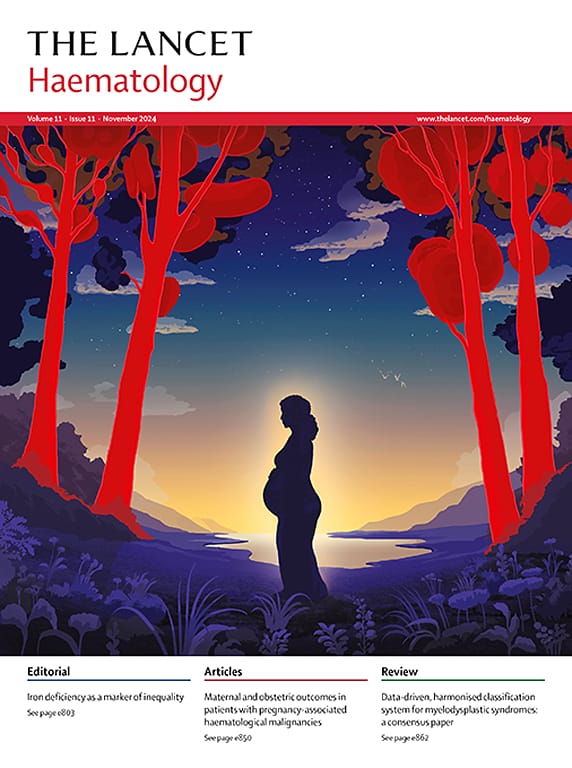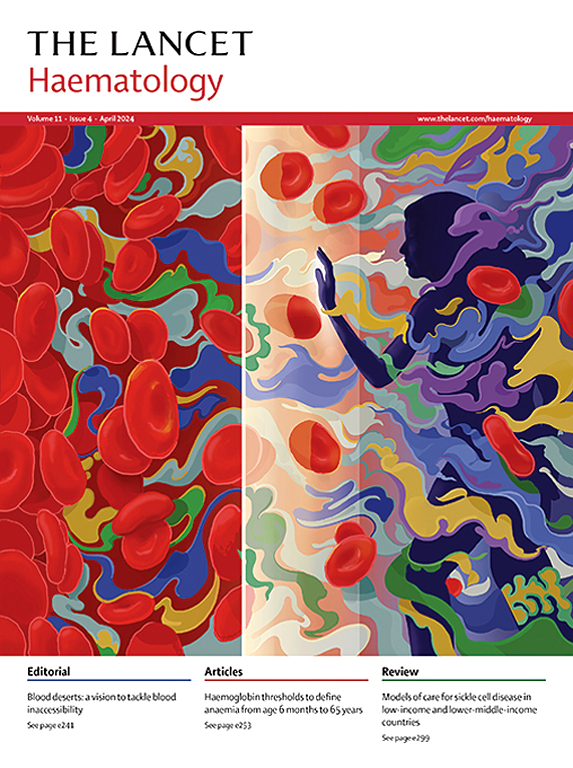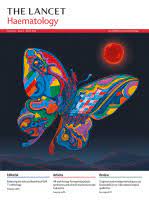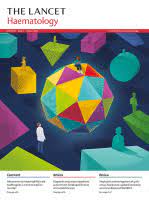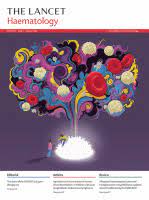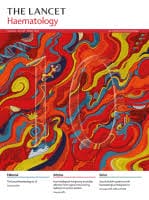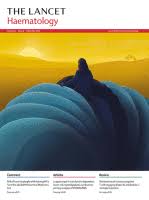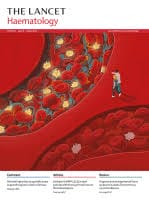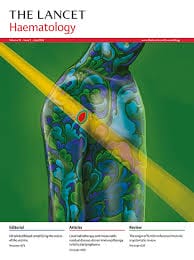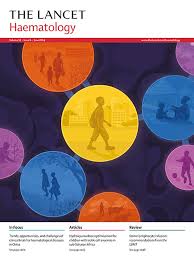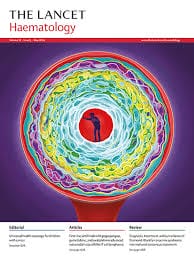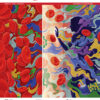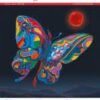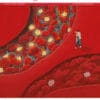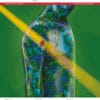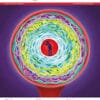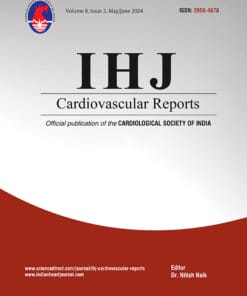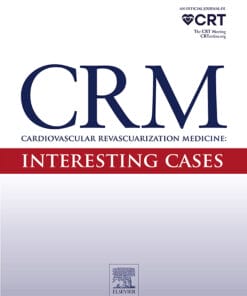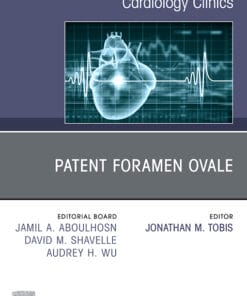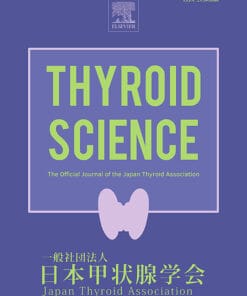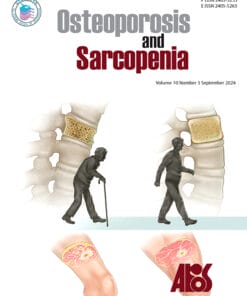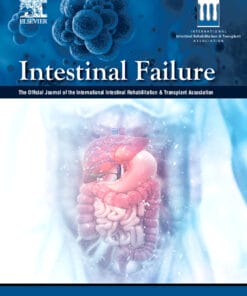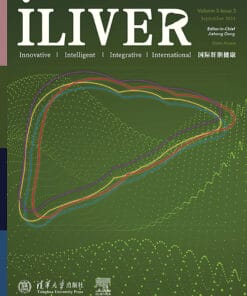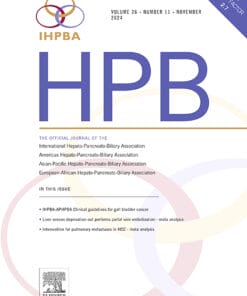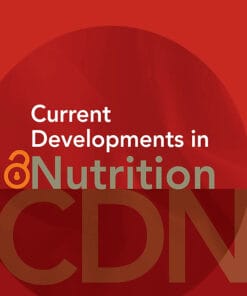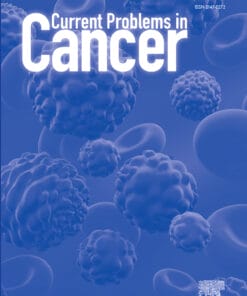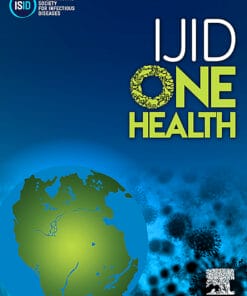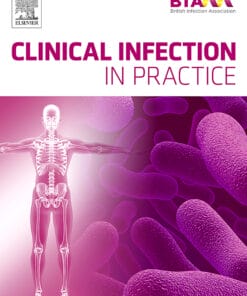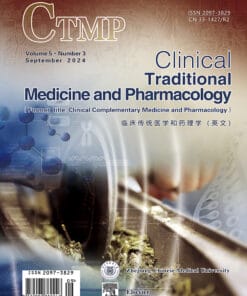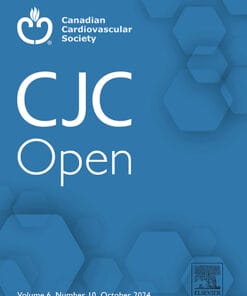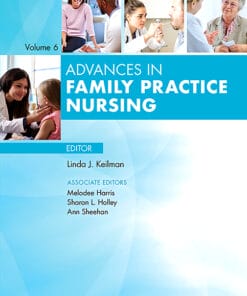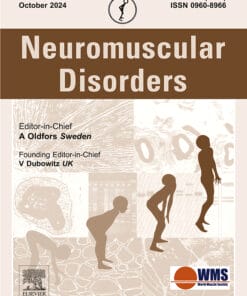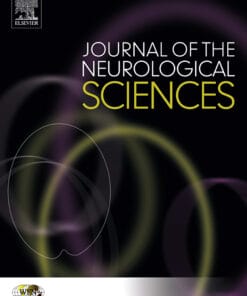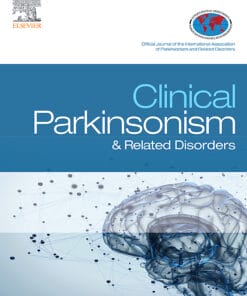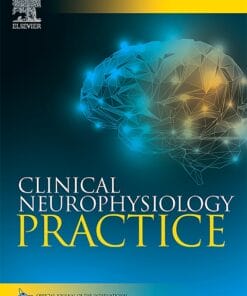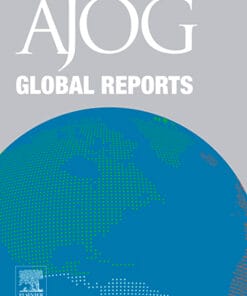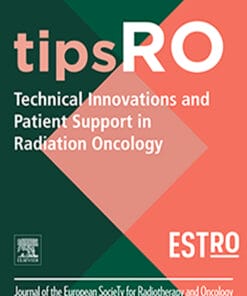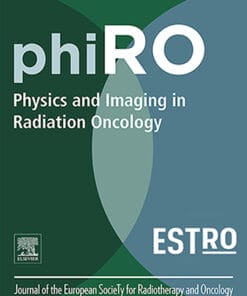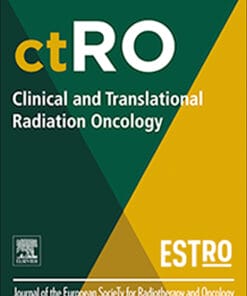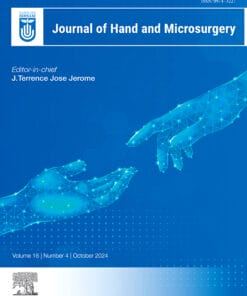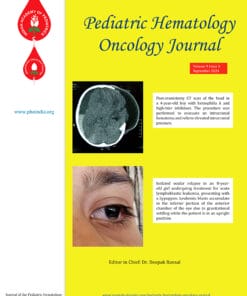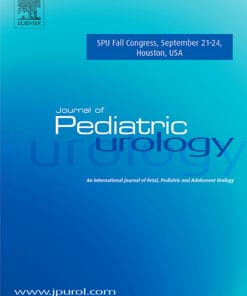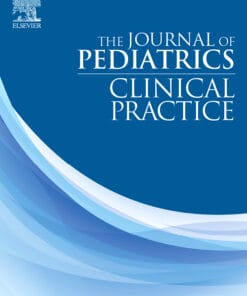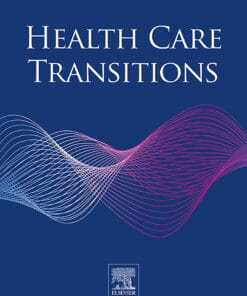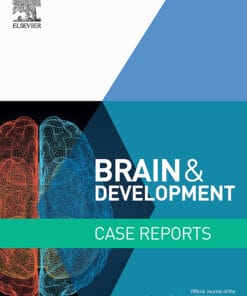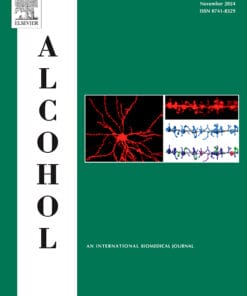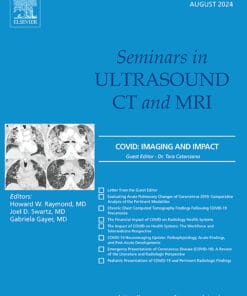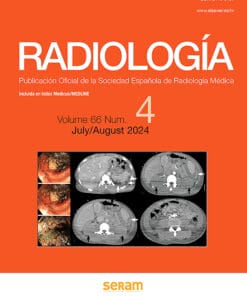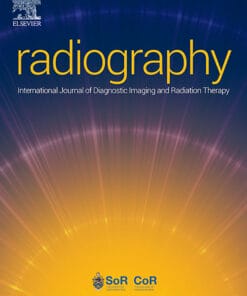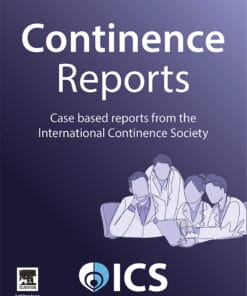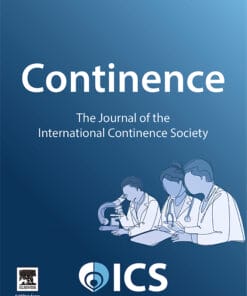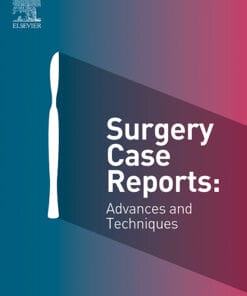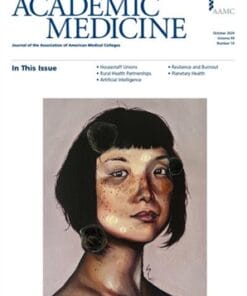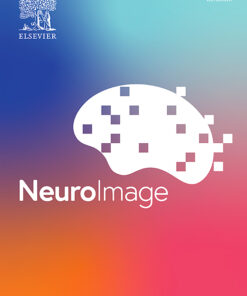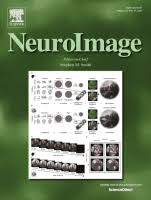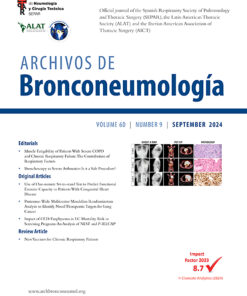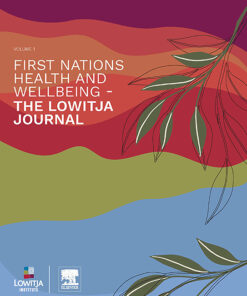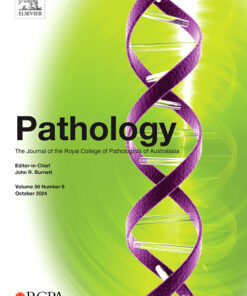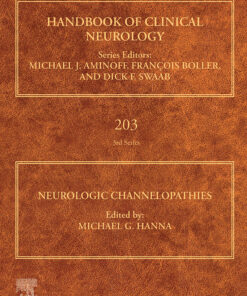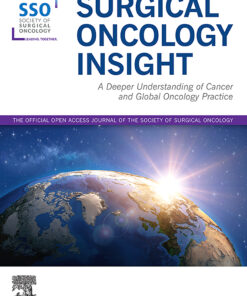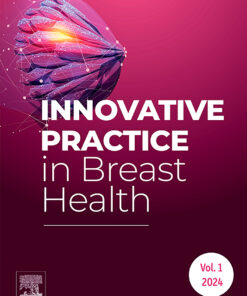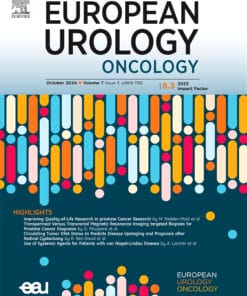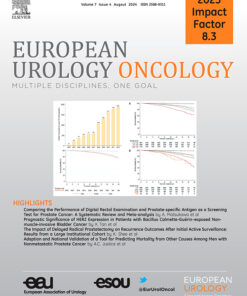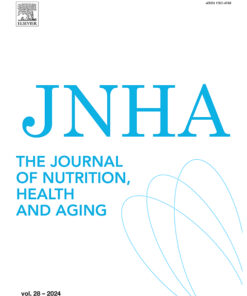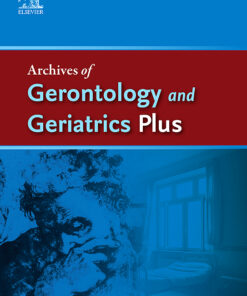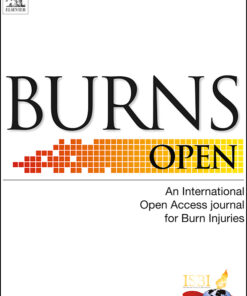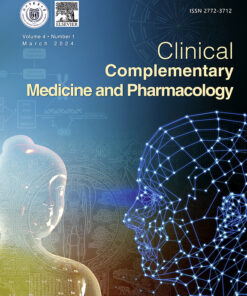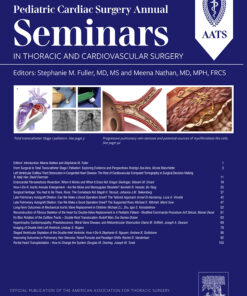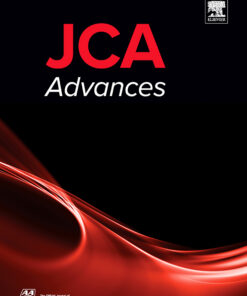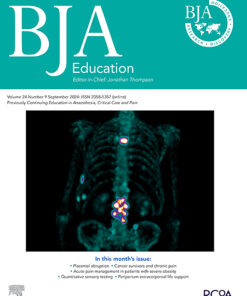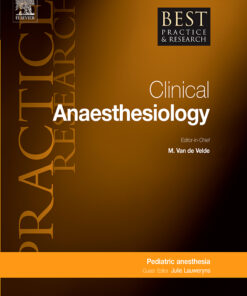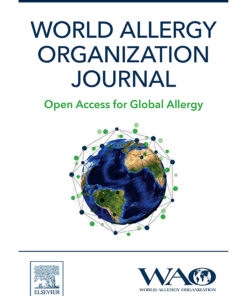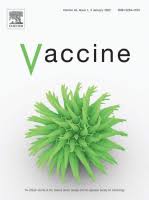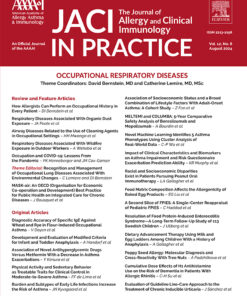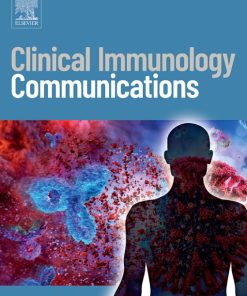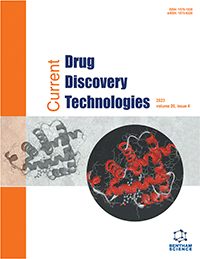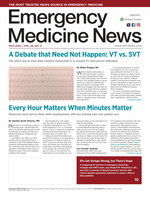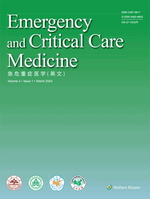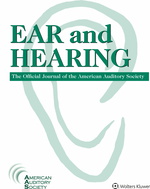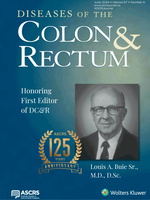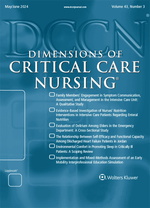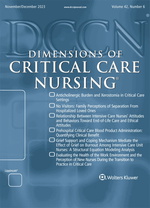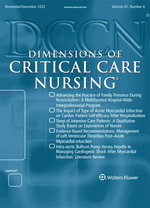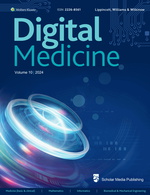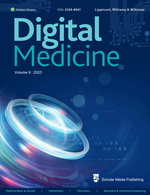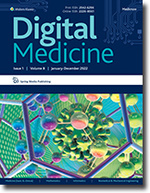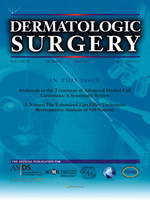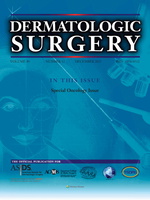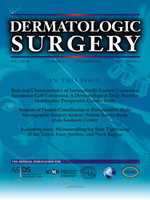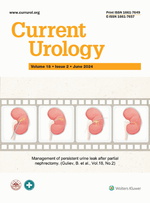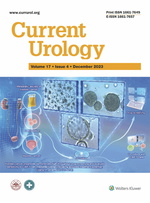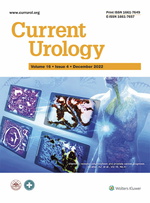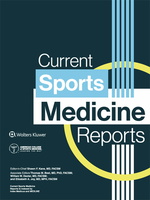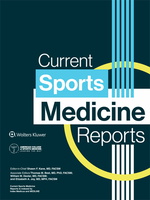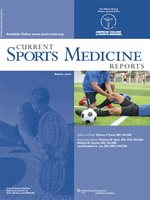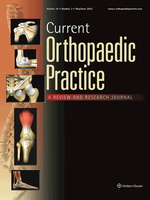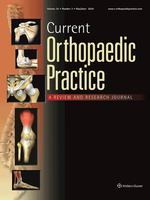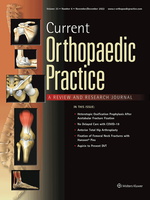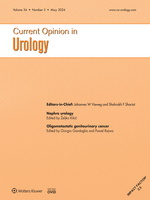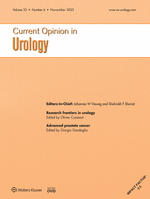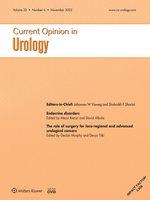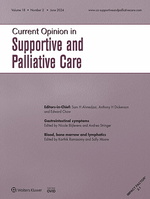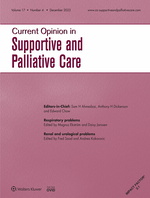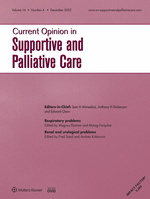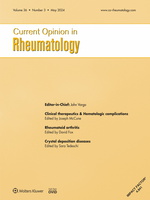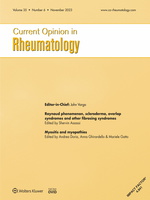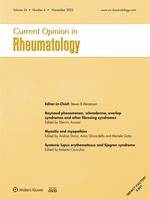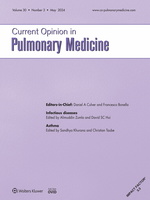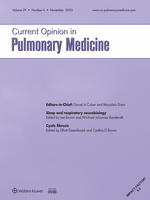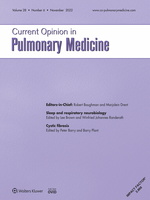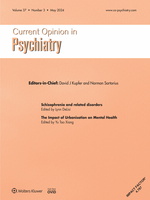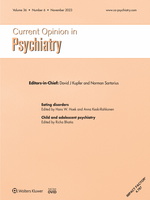Journal Spotlight: The Lancet Haematology
The Lancet Haematology is a highly respected medical journal that serves as an influential platform for key opinion leaders across the medical, governmental, and healthcare systems to impact clinical practice and inform global health policy. If you’re considering this journal for your research, here are some key highlights to keep in mind:
Key Features:
- Authoritative Forum: The journal provides a platform for global experts in the field of haematology to contribute to clinical practice, influence health policies, and drive constructive change in healthcare practices worldwide.
- Original Research: The Lancet Haematology publishes original research, offering valuable insights into clinical advances and practice-changing studies that significantly influence the field of clinical haematology.
- Wide Range of Content: The journal covers various aspects of haematology, including but not limited to:
- Haematology-Oncology: Research related to hematological malignancies, including advancements in diagnosis and treatment.
- Red and White Blood Cell Disorders: Studies on disorders affecting red and white blood cells, which play a crucial role in various health conditions.
- Platelet Disorders: Investigations into platelet-related disorders and their clinical management.
- Stem Cell Transplantation and Induced Pluripotent Stem Cells: Research in the field of stem cell therapies and transplantation.
- Transfusion Medicine: Topics related to blood transfusion, blood banking, and related medical practices.
Global Perspective: The journal maintains an international focus, providing a clear and independent perspective on issues that affect clinical haematology on a global scale.
Influencing Clinical Practice: The Lancet Haematology is dedicated to publishing research that advocates for change in haematological clinical practice. Your research can contribute to shaping clinical guidelines and advancing patient care in the field of haematology.
Constructive Change: By publishing your work in this journal, you can help drive constructive and positive changes in clinical haematology, impacting patients, healthcare systems, and practitioners worldwide.
If you have any specific questions about this journal or need assistance with anything else, please feel free to ask.
Volume 9, Issue 1: Pages e1-e80 (January 2022)
Volume 9, Issue 2: Pages e81-e166 (February 2022)
Volume 9, Issue 3: Pages e167-e236 (March 2022)
Volume 9, Issue 4: Pages e237-e312 (April 2022)
Volume 9, Issue 5: Pages e313-e384 (May 2022)
Volume 9, Issue 6: Pages e385-e460 (June 2022)
Volume 9, Issue 7: Pages e461-e546 (July 2022)
Volume 9, Issue 8: Pages e547-e626 (August 2022)
Volume 9, Issue 9: Pages e627-e706 (September 2022)
Volume 9, Issue 10: Pages e707-e796 (October 2022)
Volume 9, Issue 11: Pages e797-e862 (November 2022)
Volume 9, Issue 12: Pages e863-e954 (December 2022)
Volume 10, Issue 1: Pages e1-e78 (January 2023)
Volume 10, Issue 2: Pages e79-e156 (February 2023)
Volume 10, Issue 3: Pages e157-e234 (March 2023)
Volume 10, Issue 4: Pages e235-e306 (April 2023)
Volume 10, Issue 5: Pages e307-e388 (May 2023)
Volume 10, Issue 6: Pages e389-e476 (June 2023)
Volume 10, Issue 7: Pages e477-e556 (July 2023)
Volume 10, Issue 8: Pages e557-e694 (August 2023)
Volume 10, Issue 9: Pages e695-e784 (September 2023)
Volume 10, Issue 10: Pages e785-e864 (October 2023)
Volume 10, Issue 11: Pages e865-e940 (November 2023)
Volume 10, Issue 12: Pages e941-e1016 (December 2023)
Volume 11, Issue 1: Pages e1-e84 (January 2024)
Volume 11, Issue 2: Pages e85-e168 (February 2024)
Volume 11, Issue 3: Pages e169-e240 (March 2024)
Volume 11, Issue 4: Pages e241-e308 (April 2024)
Volume 11, Issue 5: Pages e309-e390 (May 2024)
Volume 11, Issue 6: Pages e391-e470 (June 2024)
Volume 11, Issue 7: Pages e471-e550 (July 2024)
Volume 11, Issue 8: Pages e551-e628 (August 2024)
Volume 11, Issue 9: Pages e629-e708 (September 2024)
Volume 11, Issue 10: Pages e709-e802 (October 2024)
Volume 11, Issue 11: Pages e803-e878 (November 2024)
| Volume | Volume 9, Issue 1: Pages e1-e80 (January 2022), Volume 9, Issue 2: Pages e81-e166 (February 2022), Volume 9, Issue 3: Pages e167-e236 (March 2022), Volume 9, Issue 4: Pages e237-e312 (April 2022), Volume 9, Issue 5: Pages e313-e384 (May 2022), Volume 9, Issue 6: Pages e385-e460 (June 2022), Volume 9, Issue 7: Pages e461-e546 (July 2022), Volume 9, Issue 8: Pages e547-e626 (August 2022), Volume 9, Issue 9: Pages e627-e706 (September 2022), Volume 9, Issue 10: Pages e707-e796 (October 2022), Volume 9, Issue 11: Pages e797-e862 (November 2022), Volume 9, Issue 12: Pages e863-e954 (December 2022), Volume 10, Issue 1: Pages e1-e78 (January 2023), Volume 10, Issue 2: Pages e79-e156 (February 2023), Volume 10, Issue 3: Pages e157-e234 (March 2023), Volume 10, Issue 4: Pages e235-e306 (April 2023), Volume 10, Issue 5: Pages e307-e388 (May 2023), Volume 10, Issue 6: Pages e389-e476 (June 2023), Volume 10, Issue 7: Pages e477-e556 (July 2023), Volume 10, Issue 8: Pages e557-e694 (August 2023), Volume 10, Issue 9: Pages e695-e784 (September 2023), Volume 10, Issue 10: Pages e785-e864 (October 2023), Volume 10, Issue 11: Pages e865-e940 (November 2023), Volume 10, Issue 12: Pages e941-e1016 (December 2023), Volume 11, Issue 1: Pages e1-e84 (January 2024), Volume 11, Issue 2: Pages e85-e168 (February 2024), Volume 11, Issue 3: Pages e169-e240 (March 2024), Volume 11, Issue 4: Pages e241-e308 (April 2024), Volume 11, Issue 5: Pages e309-e390 (May 2024), Volume 11, Issue 6: Pages e391-e470 (June 2024), Volume 11, Issue 7: Pages e471-e550 (July 2024), Volume 11, Issue 8: Pages e551-e628 (August 2024), Volume 11, Issue 9: Pages e629-e708 (September 2024), Volume 11, Issue 10: Pages e709-e802 (October 2024), Volume 11, Issue 11: Pages e803-e878 (November 2024) |
|---|
Related Products
Journals/Articles
Journals/Articles
Cardiovascular Revascularization Medicine: Interesting Cases PDF
Journals/Articles
Journals/Articles
Journals/Articles
Journals/Articles
Journals/Articles
Journals/Articles
Journals/Articles
Journals/Articles
Journals/Articles
Journals/Articles
Journals/Articles
Journals/Articles
Journals/Articles
Journals/Articles
Journals/Articles
Journals/Articles
Journals/Articles
Journals/Articles
Journals/Articles
Journals/Articles
Journals/Articles
Technical Innovations & Patient Support in Radiation Oncology PDF
Journals/Articles
Journals/Articles
Journals/Articles
Journals/Articles
Journals/Articles
Journals/Articles
Journals/Articles
Journals/Articles
Journals/Articles
Journals/Articles
The American Journal of Geriatric Psychiatry: Open Science, Education, and Practice PDF
Journals/Articles
Journals/Articles
Journals/Articles
Journals/Articles
Journals/Articles
Journals/Articles
Journals/Articles
Journals/Articles
Journals/Articles
Journals/Articles
Journals/Articles
First Nations Health and Wellbeing – The Lowitja Journal PDF
Journals/Articles
Journals/Articles
Journals/Articles
Journals/Articles
Journals/Articles
Journals/Articles
Journals/Articles
Journals/Articles
Journals/Articles
Journals/Articles
Journals/Articles
Seminars in Thoracic and Cardiovascular Surgery: Pediatric Cardiac Surgery Annual PDF
Journals/Articles
Journals/Articles
Journals/Articles
Journals/Articles
Journals/Articles
The Journal of Allergy and Clinical Immunology: In Practice PDF
Journals/Articles
Journals/Articles
Journals/Articles
Journals/Articles
Journals/Articles
Journals/Articles
Journals/Articles
Dimensions of Critical Care Nursing: Volume 43 (1 – 3) 2024 PDF
Journals/Articles
Dimensions of Critical Care Nursing: Volume 42 (1 – 6) 2023 PDF
Journals/Articles
Dimensions of Critical Care Nursing: Volume 41 (1 – 6) 2022 PDF
Journals/Articles
Journals/Articles
Journals/Articles
Journals/Articles
Journals/Articles
Journals/Articles
Journals/Articles
Journals/Articles
Journals/Articles
Journals/Articles
Current Sports Medicine Reports: Volume 22 (1 – 12) 2023 PDF
Journals/Articles
Journals/Articles
Current Sports Medicine Reports: Volume 21 (1 – 12) 2022 PDF
Journals/Articles
Journals/Articles
Journals/Articles
Journals/Articles
Journals/Articles
Journals/Articles
Journals/Articles
Journals/Articles
Journals/Articles
Journals/Articles
Current Opinion in Pulmonary Medicine: Volume 30 (1 – 3) 2024 PDF
Journals/Articles
Current Opinion in Pulmonary Medicine: Volume 29 (1 – 6) 2023 PDF
Journals/Articles
Current Opinion in Pulmonary Medicine: Volume 28 (1 – 6) 2022 PDF
Journals/Articles
Journals/Articles



